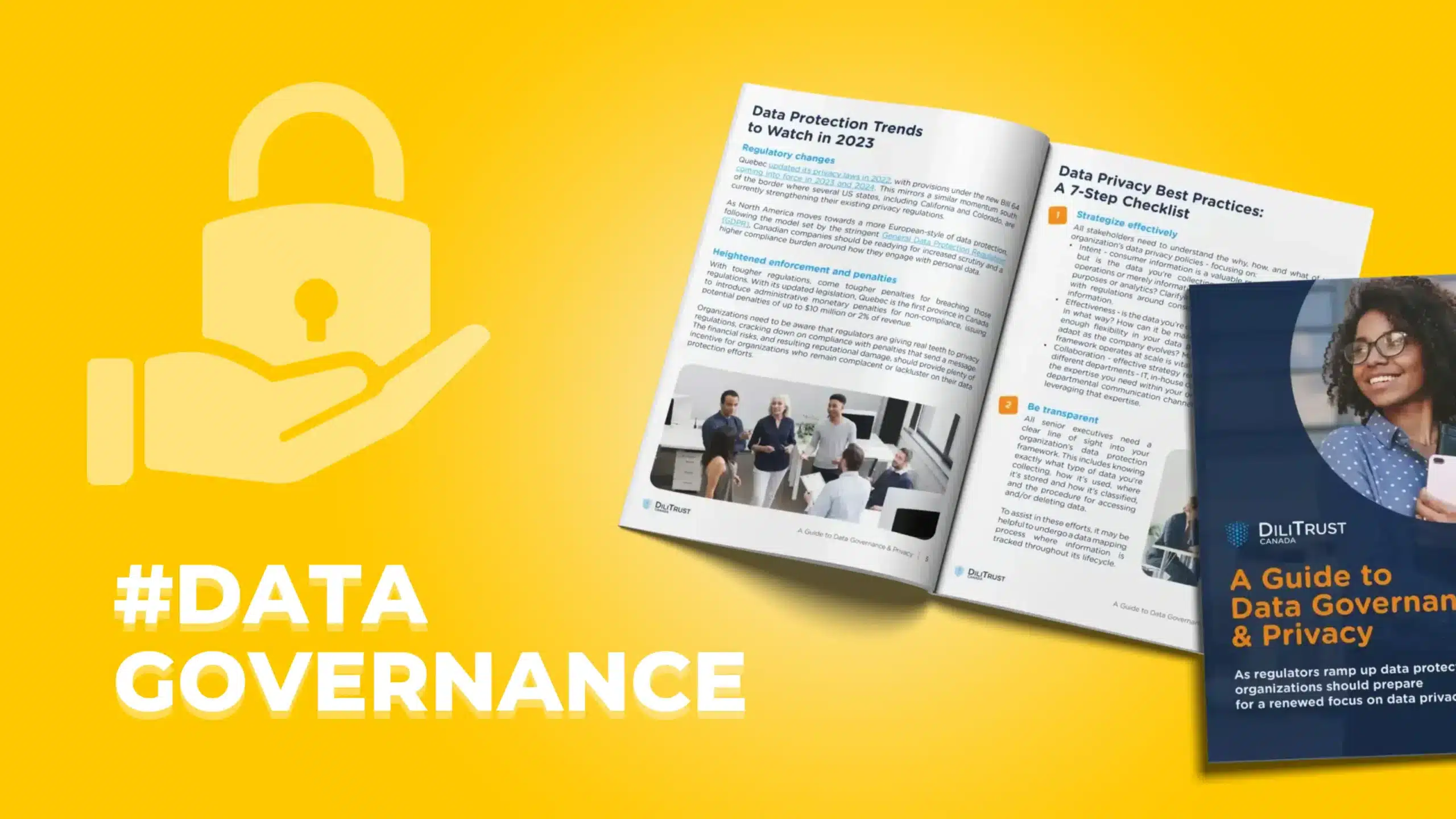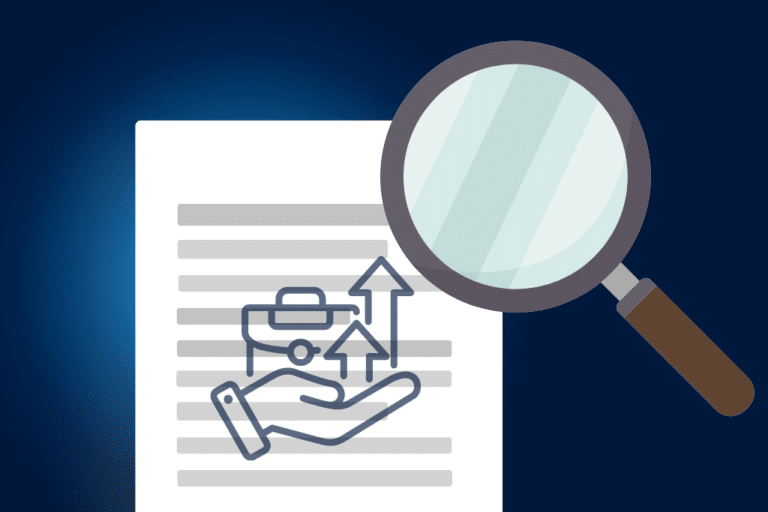Audit committees serve as a cornerstone of corporate governance, providing crucial oversight of financial reporting, internal controls, and risk management. These committees play a vital role in maintaining organizational integrity and protecting stakeholder interests. This comprehensive guide explores the fundamental aspects of audit committees, their responsibilities, best practices for effectiveness, and the challenges they face in today’s complex business environment.
What is an Audit Committee?
An audit committee is a specialized group within a board of directors responsible for overseeing financial reporting and disclosure. This committee functions as an independent body that monitors accounting processes, financial statements, and both internal and external audit functions.
Structure and Composition
The structure of an audit committee typically consists of three to five independent directors from the organization’s board. Indeed, independence is crucial as it allows committee members to make objective decisions without conflicts of interest. Moreover, according to regulations established by the Sarbanes-Oxley Act, public companies must maintain audit committees composed entirely of independent directors. In addition, committee members should possess financial literacy, with at least one member qualifying as a “financial expert” with accounting expertise or related financial management experience. This expertise enables the committee to effectively review complex financial information and address technical accounting issues.
Legal Framework
Regulatory requirements for audit committees have evolved significantly over time. The Sarbanes-Oxley Act of 2002 established stringent standards for public companies in the United States, while similar regulations exist internationally. These legal frameworks outline the minimum responsibilities and composition requirements for audit committees across different jurisdictions.
Key Responsibilities of the Audit Committee
Audit committees fulfill several critical functions within an organization’s governance structure. Their primary responsibilities focus on ensuring accurate financial reporting, maintaining effective internal controls, and facilitating proper risk management.
Financial Reporting Oversight
The committee reviews financial statements before they are released to the public, ensuring they accurately represent the company’s financial position. This oversight includes:
External Auditor Relationship
The audit committee oversees the organization’s relationship with external auditors, ensuring independence and effectiveness. It selects, appoints, and evaluates auditors, reviews the audit plan and scope, and assesses performance and independence. The committee discusses audit findings, implements necessary improvements, and approves audit and non-audit services to maintain objectivity. Through these responsibilities, it upholds financial integrity, transparency, and accountability within the organization.
Internal Control and Risk Management
Effective audit committees ensure internal controls and risk management by overseeing the internal audit function, reviewing control effectiveness, and monitoring risk management processes. It addresses identified weaknesses and guarantees compliance with laws and regulations, safeguarding the organization against fraud and operational risks. Through these responsibilities, the committee strengthens financial integrity, enhances transparency, and mitigates potential threats to the organization’s stability.
Fraud Prevention and Ethics
The audit committee fosters an ethical corporate culture by implementing whistleblower programs, reviewing ethics policies, and investigating potential fraud or misconduct. It ensures proper follow-up on reported issues and monitors compliance with ethical standards. Through these efforts, the committee promotes integrity, transparency, and accountability within the organization.
Best Practices for an Effective Audit Committee
Implementing best practices helps audit committees fulfill their responsibilities efficiently and effectively. These practices enhance committee performance and strengthen overall corporate governance.
Composition and Expertise
The effectiveness of an audit committee depends significantly on its composition, ensuring a diverse team with complementary skills. All members must have financial literacy, with at least one expert in accounting or a related field. Clear independence criteria are essential to maintain objectivity, and ongoing education guarantees members stay informed on best practices. These elements strengthen oversight, enhance decision-making, and uphold the committee’s integrity.
Meeting Structure and Frequency
Productive, structured meetings are essential for effective committee operations. Regular meetings, typically held quarterly, should be supplemented as needed. Agendas must focus on key risks and responsibilities, allowing ample time for in-depth discussions. Executive sessions with internal and external auditors, without management present, enhance transparency. Comprehensive documentation of discussions and decisions ensures accountability and continuity in oversight.
Information Access and Resources
Audit committees require unrestricted access to key resources to perform effectively. They must maintain direct communication with internal and external auditors and have the authority to engage independent advisors when needed. Receiving relevant information in advance ensures informed decision-making, while specialized training on emerging accounting and regulatory issues enhances expertise. Secure board portal technology facilitates confidential document sharing, strengthening oversight and governance.
Performance Evaluation
Regular performance evaluations enhance audit committee effectiveness. Annual self-assessments help review the committee’s charter, evaluate individual contributions, and identify areas for improvement. Implementing changes based on these evaluations ensures continuous enhancement of oversight, accountability, and governance.
Challenges Facing Audit Committees Today
Modern audit committees encounter numerous challenges in fulfilling their oversight responsibilities. Understanding these challenges helps committees develop strategies to address them effectively.
Technological Disruption and Cybersecurity
With growing reliance on technology, audit committees must actively oversee cybersecurity risks and their financial impact. They review data security measures, breach response plans, and IT governance frameworks while monitoring digital transformation initiatives. Assessing emerging technologies’ effects on financial reporting ensures proactive risk management and regulatory compliance.
Regulatory Complexity
As regulations evolve, audit committees must stay informed about changes across jurisdictions and ensure compliance with industry-specific requirements. They monitor the impact of new accounting standards, address increased disclosure obligations, and navigate complex tax regulations. Proactive oversight helps mitigate risks and maintain regulatory adherence.
ESG Reporting and Oversight
As ESG considerations gain importance, audit committees must understand reporting frameworks, review sustainability disclosures, and assess data reliability. They monitor investor expectations and integrate ESG factors into risk assessments, ensuring transparency, accountability, and long-term value creation.
Remote Work and Virtual Governance
The rise of remote work requires audit committees to adapt governance practices. They must optimize virtual meeting formats, ensure information security, and maintain clear communication. Establishing protocols for remote document review and addressing governance gaps help sustain oversight and operational effectiveness in a digital environment.
Audit committees play a key role in corporate governance by overseeing financial reporting, risk management, and compliance. To maintain integrity and transparency, they must adapt to evolving challenges through strong composition, structured processes, and ongoing education. Furthermore, implementing best practices not only strengthens governance but also enhances accountability, and supports organizational success.[CTA] Want to see how DiliTrust Governance Suite is able to support your audit committee with a secure, centralized platform? Book your demo today!



